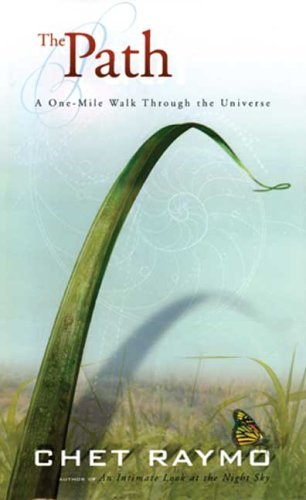The Evolution of Photosynthesis
When the first single-celled organisms appeared on Earth, more than 3 billion years ago, they fed upon carbohydrates—sugars—dissolved in the sea. The sugars had their origin in chance chemical reactions. Life, however, multiplied exponentially; one cell made two, two made four, four made eight, and so on. Self replication is the essence of life. It was inevitable that burgeoning organisms in the sea would outstrip their catch-as-catch-can food supply It would seem that life was doomed to a dead end, but before the sugars ran out, certain organisms evolved the ability to use the energy of sunlight to synthesize carbohydrates from carbon dioxide and water, a chemical reaction called photosynthesis, catalyzed by chlorophyll. And so the first plants appeared on Earth, manufacturing their own fuel. No longer did those earliest organisms live a hunter-gatherer existence. scrounging fuel from the sea; now they settled dowm and became farmers, so to speak, making their own food. And the cells that could not do photosynthesis fed upon cells that could. The planet greened, first with photosynthesizing algae in the sea, later with multicelled land plants.
Notes:
If a microorganism did not evolve this trait, then early life would have quickly consumed all the naturally occuring sugars in the ocean.
Folksonomies: evolution natural history
Taxonomies:
/health and fitness/disease/aids and hiv (0.490132)
/technology and computing/software/databases (0.471526)
/food and drink/food/grains and pasta (0.460245)
Keywords:
naturally occuring sugars (0.985305 (negative:-0.337179)), chance chemical reactions (0.852493 (negative:-0.265454)), catch-as-catch-can food supply (0.798106 (negative:-0.550111)), multicelled land plants (0.760990 (neutral:0.000000)), single-celled organisms (0.696141 (neutral:0.000000)), photosynthesis fed (0.612435 (negative:-0.414571)), certain organisms (0.604352 (neutral:0.000000)), earliest organisms (0.589350 (negative:-0.246596)), early life (0.528165 (negative:-0.337179)), hunter-gatherer existence. (0.514999 (negative:-0.246596)), Self replication (0.511982 (positive:0.412836)), carbon dioxide (0.504790 (neutral:0.000000)), dead end (0.491346 (negative:-0.550111)), sea (0.410518 (negative:-0.389213)), Earth (0.249957 (neutral:0.000000)), microorganism (0.245466 (neutral:0.000000)), cells (0.241111 (negative:-0.414571)), fuel (0.239231 (negative:-0.246596)), trait (0.218039 (neutral:0.000000)), chlorophyll (0.207264 (neutral:0.000000))
Entities:
chemical reactions:FieldTerminology (0.835197 (negative:-0.265454)), food supply:FieldTerminology (0.524638 (negative:-0.550111)), carbon dioxide:FieldTerminology (0.497019 (neutral:0.000000)), 3 billion years:Quantity (0.497019 (neutral:0.000000))
Concepts:
Photosynthesis (0.945752): dbpedia | freebase
Metabolism (0.794620): dbpedia | freebase
Eukaryote (0.772963): dbpedia | freebase | opencyc
Organism (0.671984): dbpedia | freebase
Water (0.643157): dbpedia | freebase | opencyc
Life (0.641059): dbpedia | freebase
Bacteria (0.640283): dbpedia | freebase | opencyc
Plant (0.602345): dbpedia | freebase | opencyc





